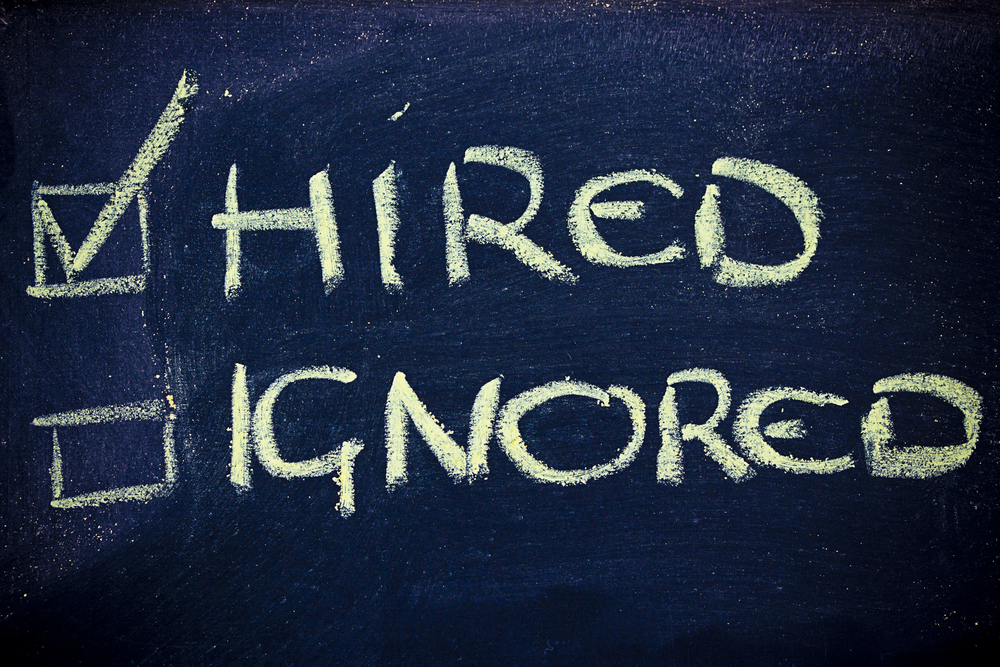If you’re feeling frustrated about not getting any job traction, you’re not alone. With the boom in online job resources, it’s easy to guess that plenty of people are in the same boat. The problem may be your resume–a resume that falls short typically leads to fewer calls from interviewers. We’re using some top tips from professional job recruiters to help get you on your way.
Why Resumes Matter:
Individuals seem to agonize over their resumes, going over every detail, for one good reason–it is an aspect of the job search that they actually have control over. Whereas picking up the phone and calling a hiring manager directly to ask for a sit down risks rejection, spending time polishing that resume is a proactive, low risk path to a first meeting.
Still, it’s important to remember that the actual goal of the resume is to get you that interview. You are still going to have to meet face-to-face if you want to get hired. So while it is important to get the resume right, also spend time getting yourself ready to make a good first impression.
What Makes an Excellent Resume:
There are some good rules here–a basic layout, simple font, and no more than two pages. It needs to be easy to understand, and not something that is going to give the reader a headache. On top of that, however, consider a few more things.
-Use reverse chronological order when listing employment history
-Use Word for formatting
-Skip personal info like marriage status
-Remove fluff lines like objectives of summaries
-Use numbers, statistics and facts
-Don’t use vague terms
-There’s no need to use images
What’s the Key to Getting the Job:
In short, two skills will help you seal the deal–networking and brainstorming. Some people estimate 60 percent of jobs are found through someone you know, so networking is crucial. Pick up the phone and call up contacts, even people you may not have spoken to in a while, and see who you can get your resume to.
This is where brainstorming comes in. Make a plan for how you are going to spend your networking time, who you will call, and what forms of communication you will use. Think outside of the box; you don’t want to miss an opportunity just because you forgot that one ex-colleague in your industry.
A Note About Frustrations:
Sometimes, we don’t set our expectations right about who is actually looking at our resume. Oftentimes it is not the person actually doing the hiring that is receiving the influx of papers, but someone in HR or a similar employee department. That’s why it is important not to spend too much time adding superfluous language to your resume. Stick to the facts, but make sure those facts sell who you are as an employee.
Using Social Media:
Social media really can help you land a job, particularly the sites Facebook and LinkedIn. For both, make sure to be constantly updating your profile and content, and don’t include anything that might be deemed objectionable. These sites can help you successfully connect with others, and you can follow industry leaders that might offer leads on any new openings.
Tips for Changing Industries:
If you are ready to make an industry jump, do your research. You don’t want to get into a field that is suddenly over saturated with new employees and too few jobs. Likewise, you want to do something that will fit at least some of the skill set represented on your resume. And you should never expect a handout. It won’t be easy, but if you’re willing to put in the time to learn and start at the bottom, you can make it.
The Magic Component:
If nothing else, make sure you go into this process with confidence. Even the most skilled potential hire may get overlooked if combatted with shyness. Getting an interview can be tough, so no matter how good your resume is, be prepared to pick up the phone and sell yourself if you feel you are not getting the response you want. You will be your own best advocate.





